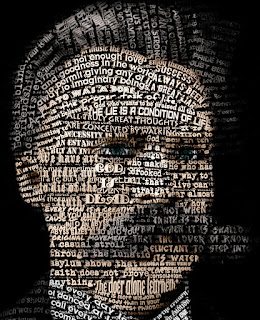Mystique of Modern Poetry
Reading Rafiq Raaz’s Naiy Chhay Nalaan Some poets become brand names during their youth. They are too powerful, and charming to resist for lesser mortals. Under their shade many lesser trees fail to find their individual bloom. Their devotion to perfecting the art – at least in its formal aspect – earns them both respect and awe. They dominate their age. They lure goddess of poetry with all her beauty and grace. Amongst such poets is Rafiq Raaz. Rafiq Raaz’s Naiy chhay Nalaan (The Flute is Complaining) is one of the most influential volumes of contemporary poetry in Kashmir that helped shape Kashmiri ghazal written after it. With its publication its poet has established himself as a Master of younger generation of poets in lyricism through deep attention to form and metrical innovations. Raaz’s language is neither elitist nor arcane, unlike some parts of his illustrious contemporary, Rahi. It doesn’t get needlessly ambiguous that constitutes dubious virtue of much of modernis...
